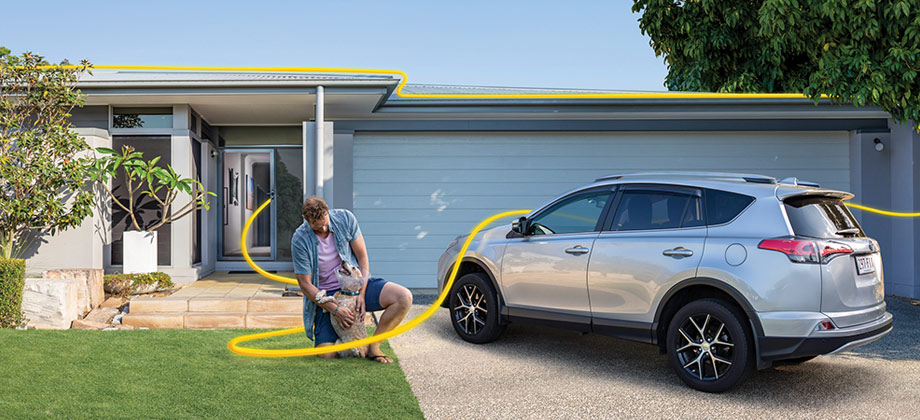How to seal the deal
Once you’ve found a buyer for your car, there are still a few things you need to do. We’ll help you seal the deal with our tips below:
Get it in writing
Once you’ve found someone willing to buy your car, put the agreed deal in writing. The agreement will need to include details such as the name and address of the buyer and the seller, contact phone and email details, the price, a brief description of the vehicle and its registration number, deposit amount (if any), payment method, date of agreement and date of transaction, list of inclusions of the vehicle (eg towbar, stereo system etc) and any specifics such as things you have agreed to fix or pay for before delivery (eg replace tyres or windscreen etc).Take payment
You can take payment a number of ways:
- Electronic transfer via internet banking
- In-branch transfer with the buyer
- Cash
You could take a bank cheque; however these are not entirely secure and can be cancelled. Personal cheques can be cancelled too, but in addition there is no way to know if it will be honoured when deposited in your account.
If your car has a security interest registered against it, such as a hire purchase, loan or lease agreement (check at PPSR search), you should have a strategy in place for removing it at the time of the sale. This may involve getting the payout figure at the date of sale and having the sale proceeds directed to the financial institution involved as part of the transaction.
Deliver the vehicle
Once payment has been received, you can deliver the car. At this time also ensure you give the buyer all relevant paperwork and accessories including:
- a current safety certificate (and gas certificate if the car is fitted with LPG)
- a registration transfer form completed by yourself and the buyer (keep the seller’s section)
- a signed receipt detailing the purchase price and vehicle details
- all relevant keys including additional copies
- the vehicle’s hand book and service books
- any service records for the car
- instruction manuals for equipment such as stereos and CD players
- security codes for radios and alarms (if applicable), jack and tools etc.
Things to note
The information in this article has been prepared for general information purposes only and is not intended as legal advice or specific advice to any particular person. Any advice contained in the document is general advice, not intended as legal advice or professional advice and does not take into account any person’s particular circumstances. Before acting on anything based on this advice you should consider its appropriateness to you, having regard to your objectives and needs.
